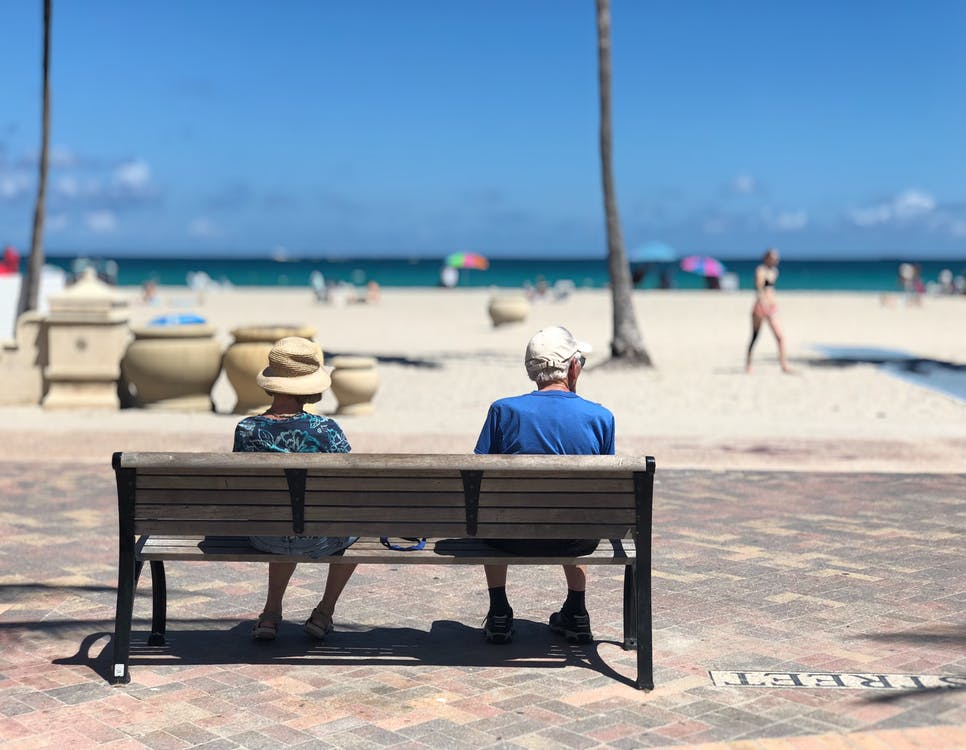
When it comes to retirement, many are not prepared and aren’t saving enough for retirement. And that’s crazy because a small, life-long change can result in long term financial freedom.
There are many methods, theories, and approaches to retirement preparation. But we are speaking about saving & investing in providing an income stream for the future. As a long-time investor, I believe the earlier a person begins saving for retirement, the better. What follows are my thoughts, observations, and experiences about how to prepare for retirement.
Secure a monthly pension
A pension fund may be deposited in any bank or development-bank run by the government or invested in a mutual fund. According to the amount, pensions can either be paid as lump-sum payments or monthly installments for life. Usually, pensioners expect a pension of at least up to 50% of that earned during working life.
It’s a smart move to play it safe and invest in the security of a pension. There is a guaranteed monthly payment that can help me throughout retirement.
Take advantage of tax benefits
Taxes are confusing, and one should take advantage of tax benefits. With traditional retirement plans, such as a 401(k), IRA, or pension, the employer may offer savings incentives and matching contributions. Use tax-advantaged retirement accounts to responsibly save for retirement while reducing the overall combined tax burden now and later on in life.
Plan for the additional expenses of retirement
There are many expenses associated with retirement, and one of the biggest ones is health care. I must plan for the money I will need to cover premiums and out-of-pocket expenses. For example, many people spend more on prescription drugs during this stage of their lives. Prescription Drug Prices do vary from state to state, however, so it may be possible to find medication at lower costs online. Contact an advisor about ways to plan for extra expenses in retirement. Furthermore, your life might only just be getting started! You might want to move into a senior living environment, such as Starhaven Villas in Utah, to get the most out of retirement and enjoying older age. If this is the case, you will want to keep some money stashed away to have ready to splash out when the time comes!
Start planning for potential health care costs
When it comes to expenses during retirement, health care tops the list. That means I have to plan for the costs associated with any long-term care treatment such as those found in Chelsea Senior Living or future medical needs that may arise. I can start by calculating my current income. Then factor in any additional income I will obtain from sources such as Social Security and investment. Once I know how much money I have coming in every month, I can choose a plan that fits my needs and budget. Life insurance is often vital for retirement planning, so make sure you have insurance with a good provider.
Pay off debts
Paying off my debts gives me a more secure economic future. While it may seem like a good idea to rack up different credit cards, or even a mortgage, this extra debt can increase my financial risk when I retire. Addressing my debts by clearing any outstanding loans reduces my financial risk for the future.
Save early and often – invest for growth
Saving early and often is one of the most important ways to customize my investment strategy. Several smart investment options are available, including a broad range of mutual funds that are perfectly suited for anyone’s needs and risk tolerance.
For instance, I am a 35-year-old person with $50,000 of income (mostly made through crypto investment) and a contribution rate of $200 per month saved for 30 years with an average annual return of 7%. With the help of compound interest, I could have nearly $1.8 million in my retirement account at age 65.
Build an emergency fund
Having a solid emergency fund is the first step towards a better retirement. Whether I am saving for an upcoming trip, a new car, or some unexpected medical expenses, knowing I have money to fall back on immediately puts my mind at ease.
That way, when life gets rough, I will be less likely to make rash decisions such as adding to credit card debt or cutting into my savings.
First, I decide how much money I’ll need for emergencies and carve that amount out of my daily budget. Then aim to put some cash in a safe place -preferably a high-yield savings account or a money market fund that keeps my cash accessible.
In later years, achieving financial independence when I am not as mobile or physically fit as I once was is a challenge. Depleting supplies of cash and accumulating more debt add to the stress that growing older can cause. Fortunately, these tips can help ease the process in the future and ensure a comfortable retirement.
